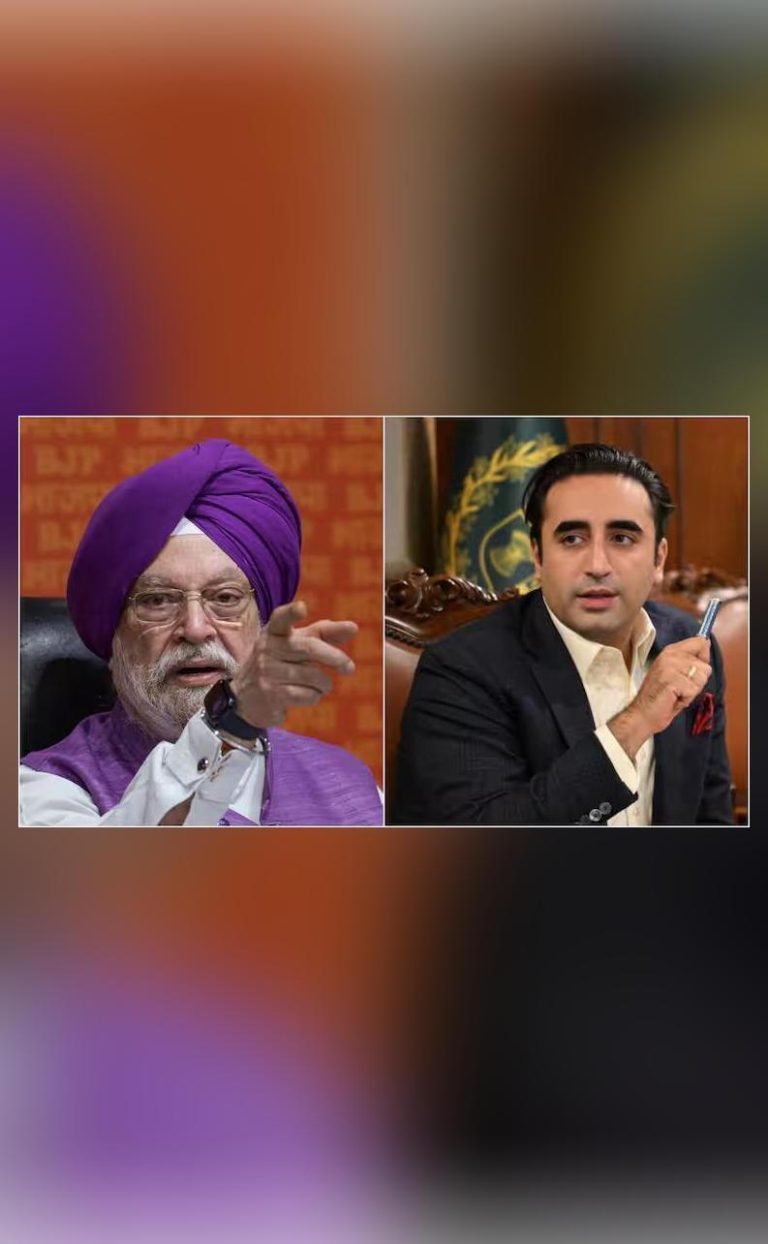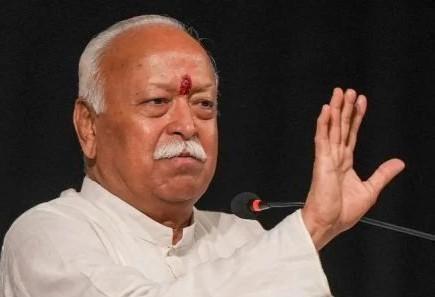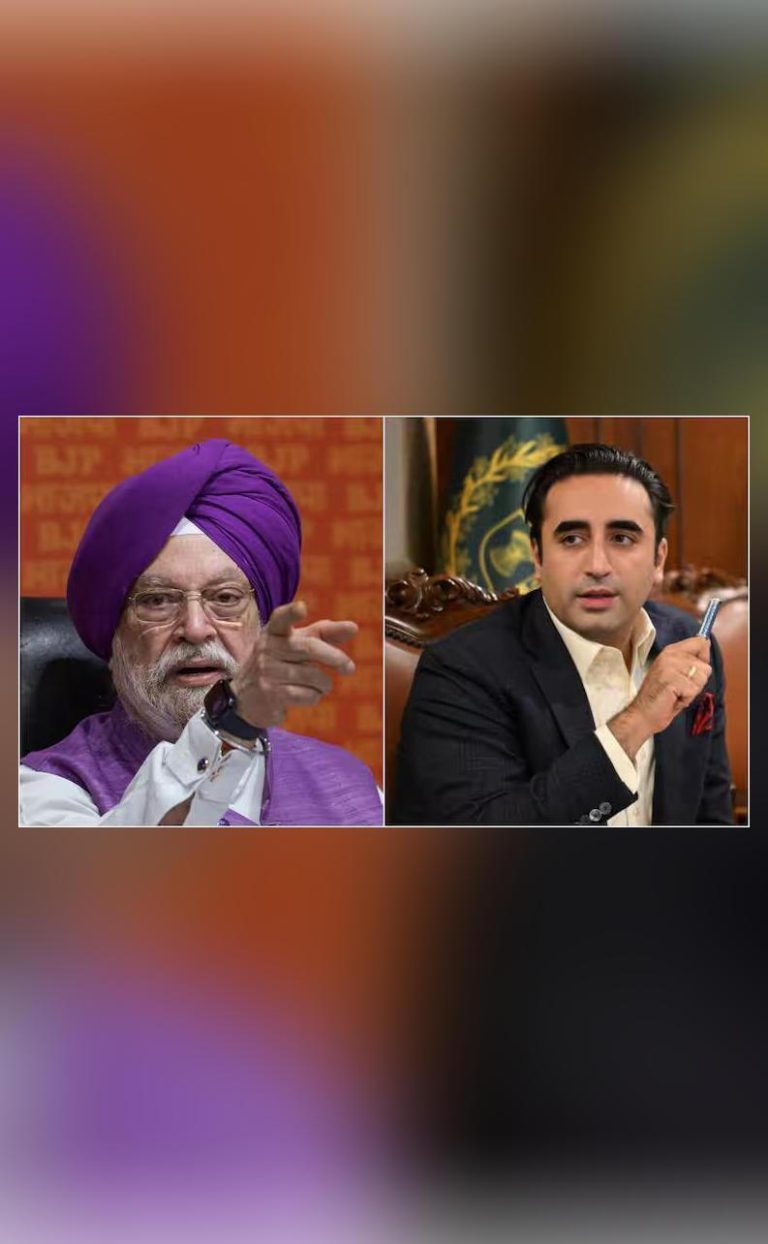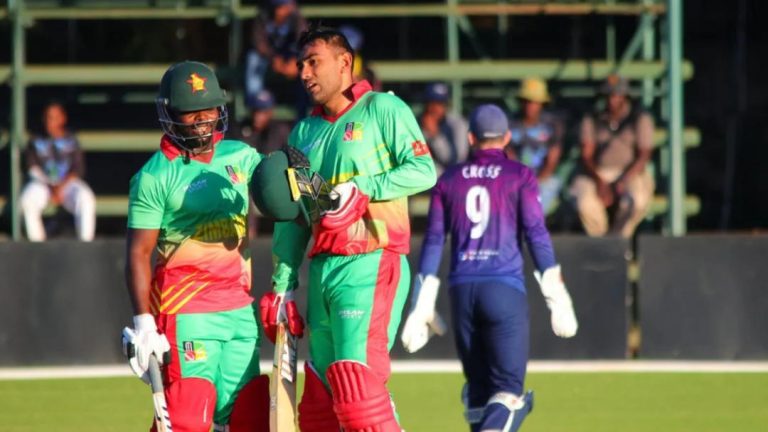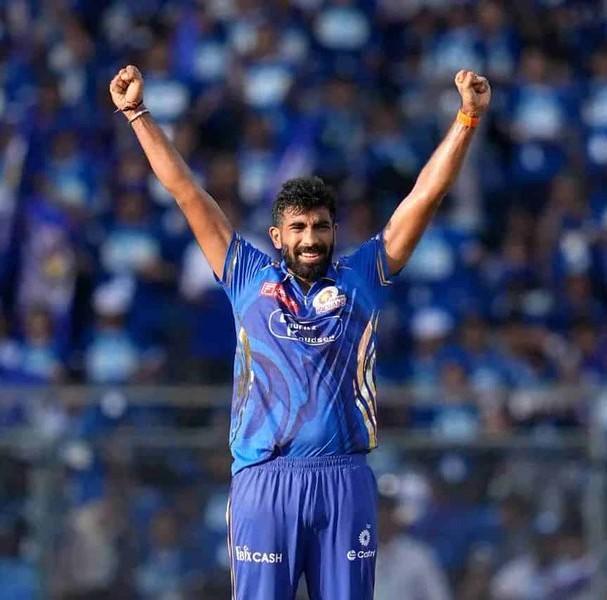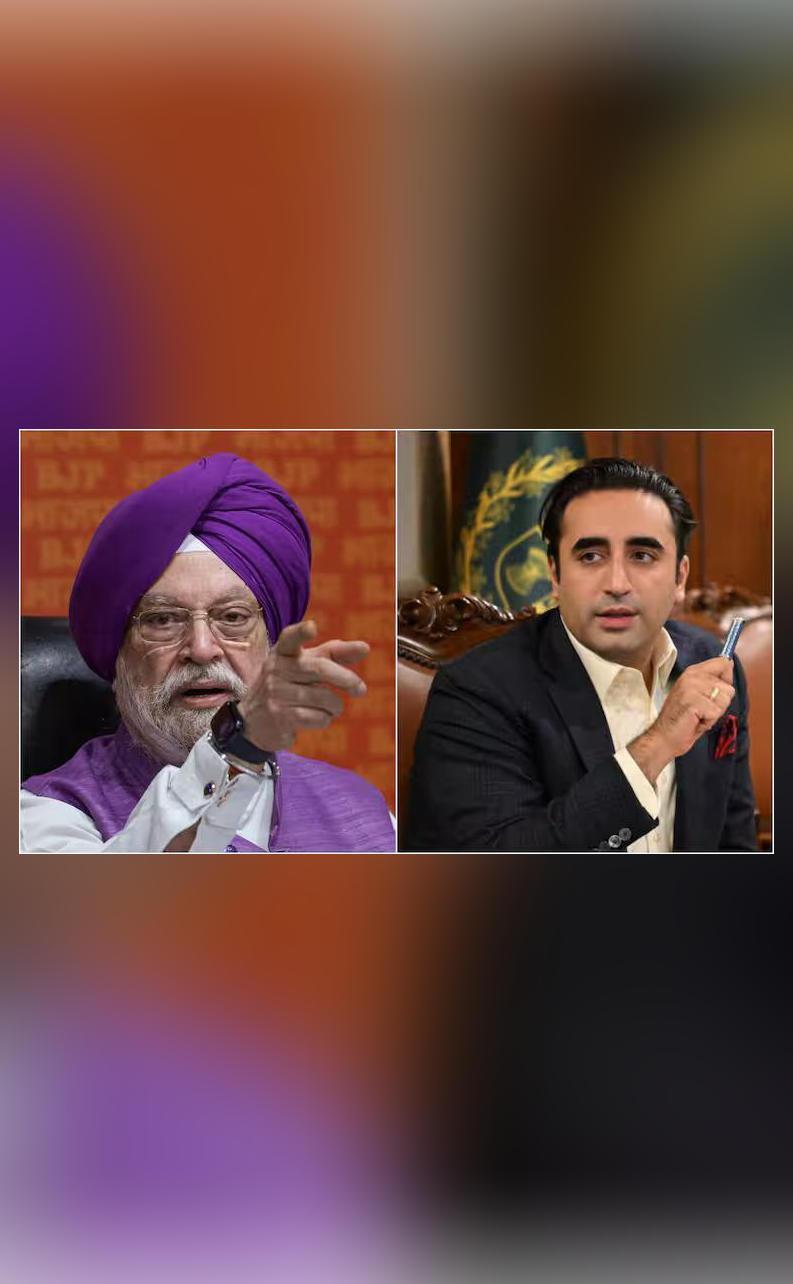
Look at what PM Modi said & wait for few days: Puri to Pak leader
The diplomatic tensions between India and Pakistan have been escalating rapidly in recent times, particularly after the deadly Pahalgam attack that claimed the lives of three Indian soldiers. The situation took a dramatic turn when Pakistani politician Bilawal Bhutto made a provocative remark on India’s decision to suspend the Indus Waters Treaty. In response, Union Minister Hardeep Singh Puri issued a stern warning, cautioning Pakistan to “look at what PM Narendra Modi said in Bihar…and wait for a few days.”
The context of this remark is crucial to understanding the gravity of the situation. PM Modi had earlier stated that India will identify, track, and punish every terrorist and their backers in the aftermath of the Pahalgam attack. This statement was made in the presence of thousands of people in Bihar, making it a public declaration of India’s resolve to take action against those responsible for the attack.
The Pahalgam attack was a brutal reminder of the ongoing conflict between India and Pakistan. On August 31, three Indian soldiers were killed in a terrorist attack on a bus carrying security personnel in Pahalgam, Jammu and Kashmir. The attack was widely condemned by the international community, with many countries calling for restraint and an immediate end to terrorism.
In the wake of this attack, India suspended the Indus Waters Treaty, a 57-year-old agreement that regulates the sharing of water resources between the two countries. This move was seen as a significant escalation of tensions, as it marked a departure from the usual diplomatic channels and signaled India’s willingness to take bold action to protect its national interests.
Pakistan, however, has refused to back down, and its leaders have continued to make provocative statements. Bilawal Bhutto, the chairman of the Pakistan Peoples Party, was quoted as saying, “We will not accept any decision that is against the Indus Waters Treaty. If India takes any action, it will be met with water or blood.” This remark was seen as a thinly veiled threat, and it prompted Union Minister Hardeep Singh Puri to issue a strong warning.
Puri’s warning was a clear attempt to convey a message to Pakistan: that India is prepared to take decisive action to protect its interests, and that Pakistan would be well advised to refrain from any further provocative statements. The phrase “look at what PM Narendra Modi said in Bihar…and wait for a few days” was a clear reference to PM Modi’s earlier statement, and it implied that India’s response to the Pahalgam attack would be swift and decisive.
The Indian government’s decision to suspend the Indus Waters Treaty was a significant step, and it marked a departure from the usual diplomatic norms. The treaty was signed in 1960, and it aimed to regulate the sharing of water resources between India and Pakistan. However, the treaty has been under pressure in recent years, with both countries accusing each other of violating its provisions.
India’s decision to suspend the treaty was seen as a response to Pakistan’s repeated violations of the agreement. The Indian government had accused Pakistan of building dams and other infrastructure on the Indus River, which were designed to divert water from India. Pakistan, on the other hand, had accused India of constructing dams that were designed to disrupt the flow of water to Pakistan.
The suspension of the treaty was seen as a significant escalation of tensions, and it marked a departure from the usual diplomatic channels. However, many experts believe that the treaty was already dead in the water, and that India’s decision to suspend it was a symbolic gesture rather than a significant policy shift.
In conclusion, the situation between India and Pakistan is highly volatile, and it requires careful monitoring and analysis. The remarks made by Bilawal Bhutto and Hardeep Singh Puri are a clear indication of the escalating tensions, and they highlight the need for a peaceful resolution to the conflict. As the situation unfolds, it is essential for both countries to exercise restraint and avoid any further provocative statements.
